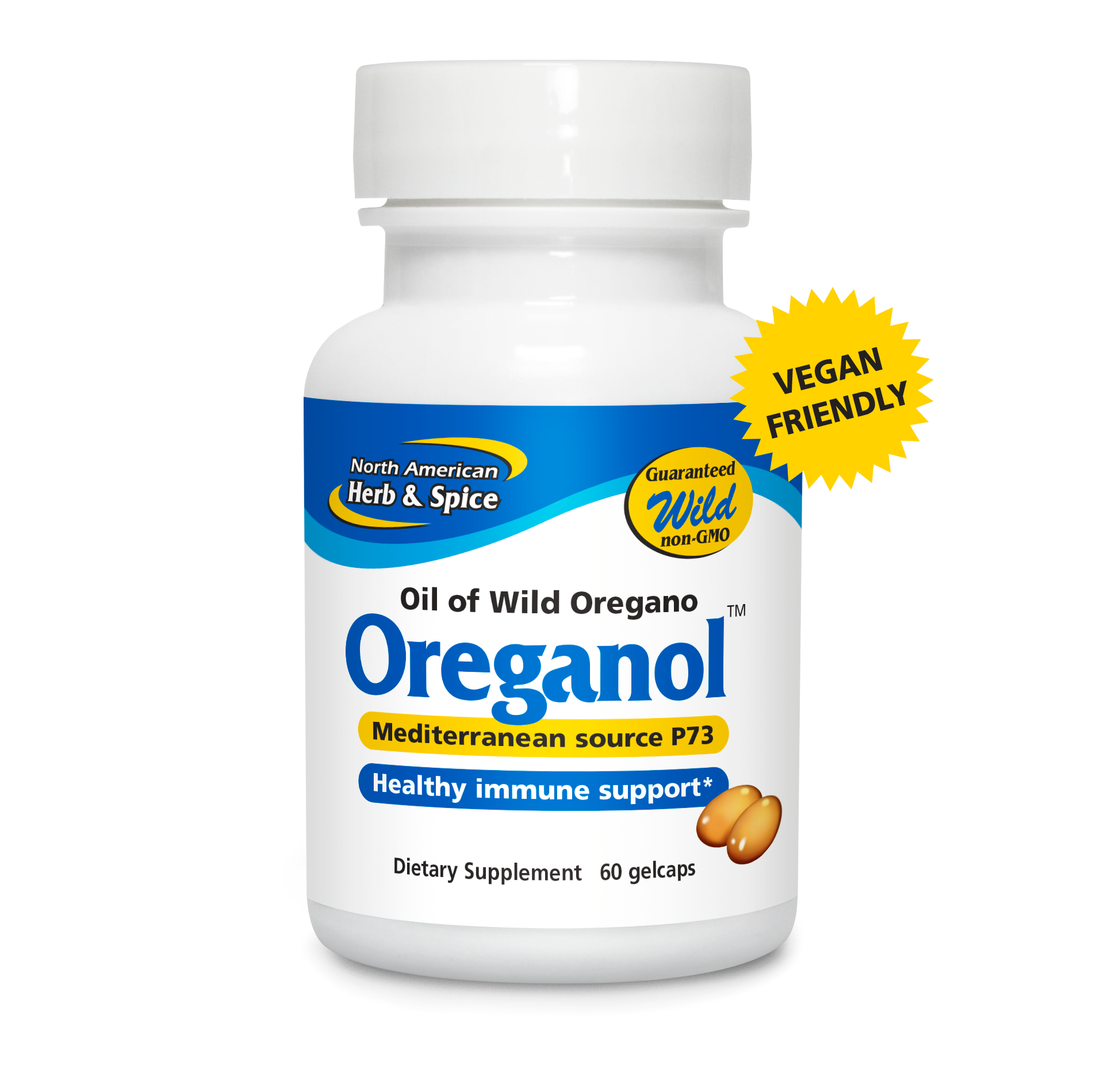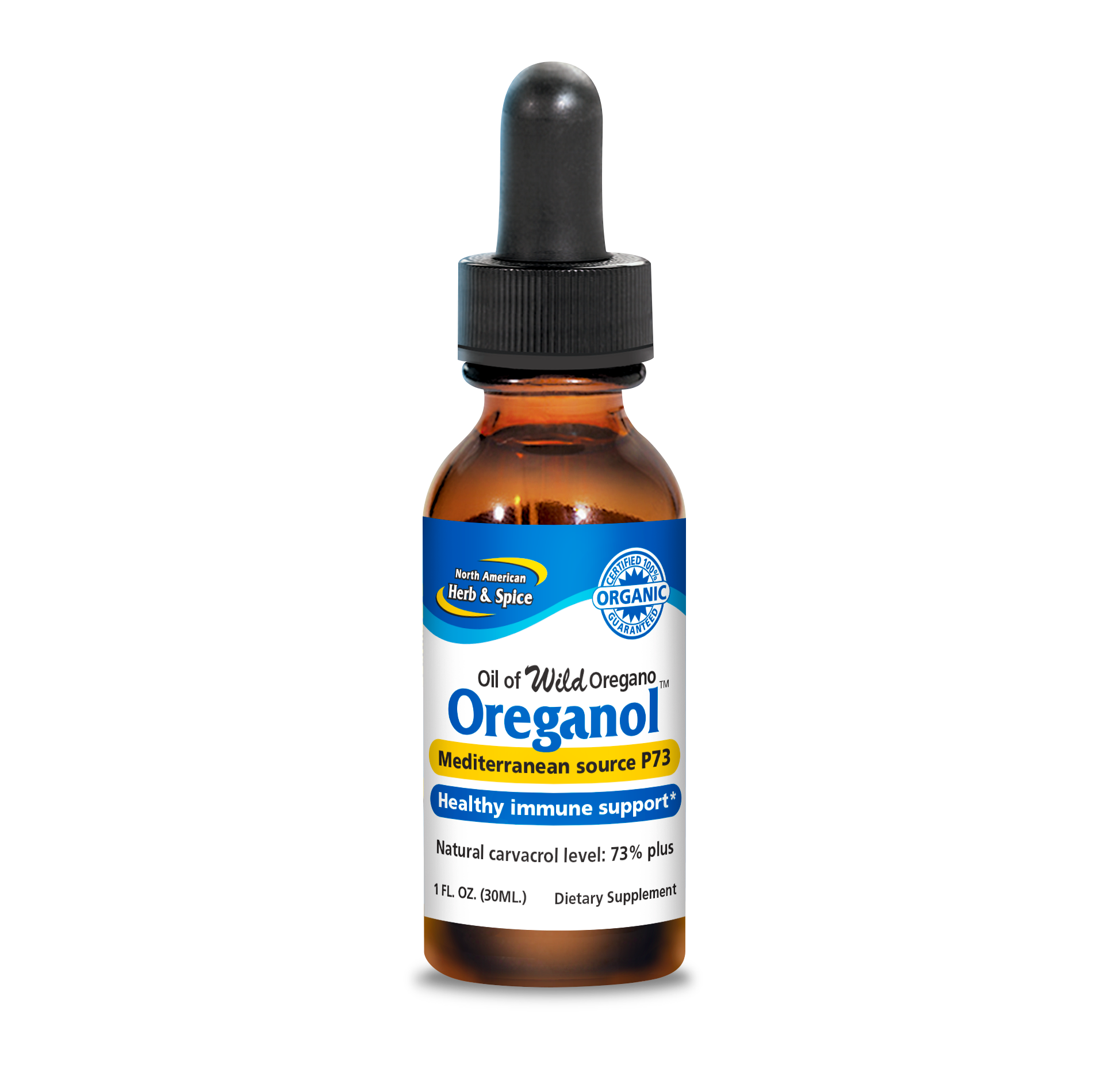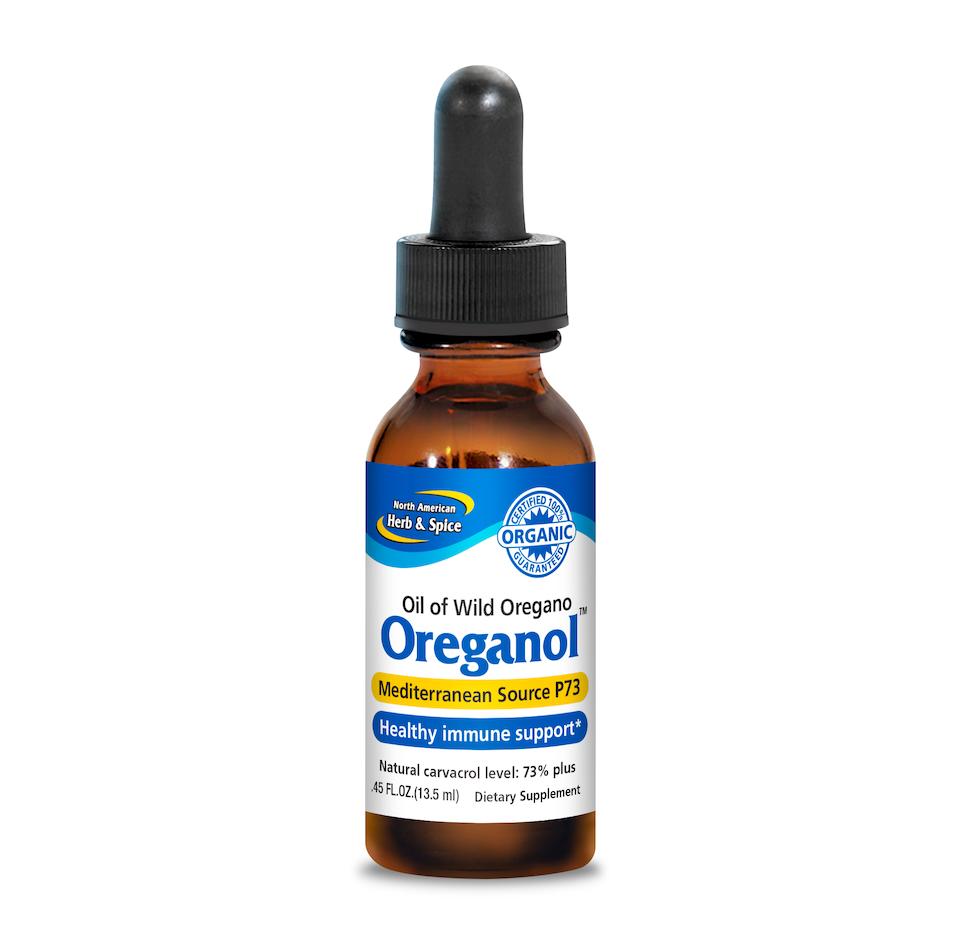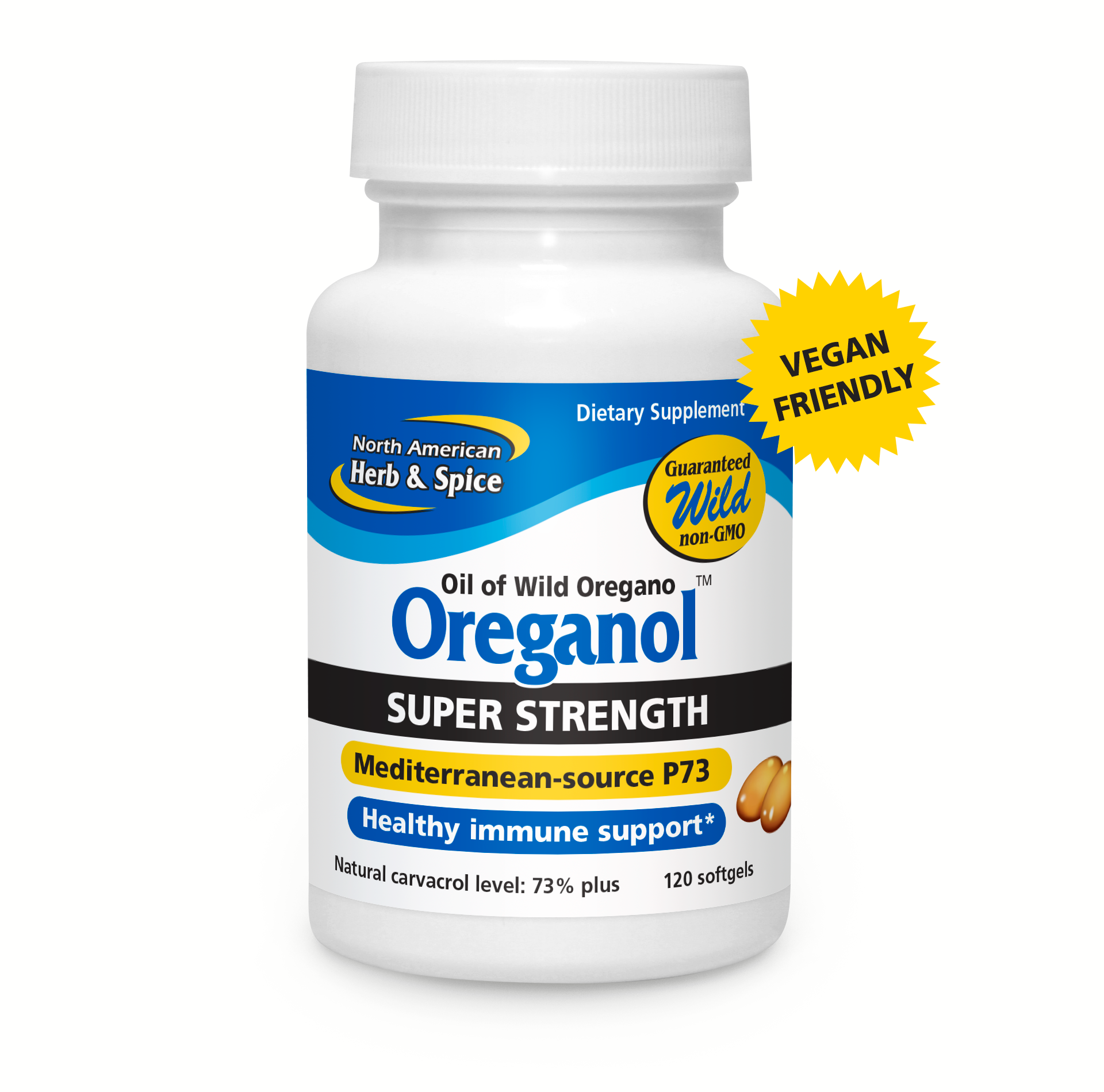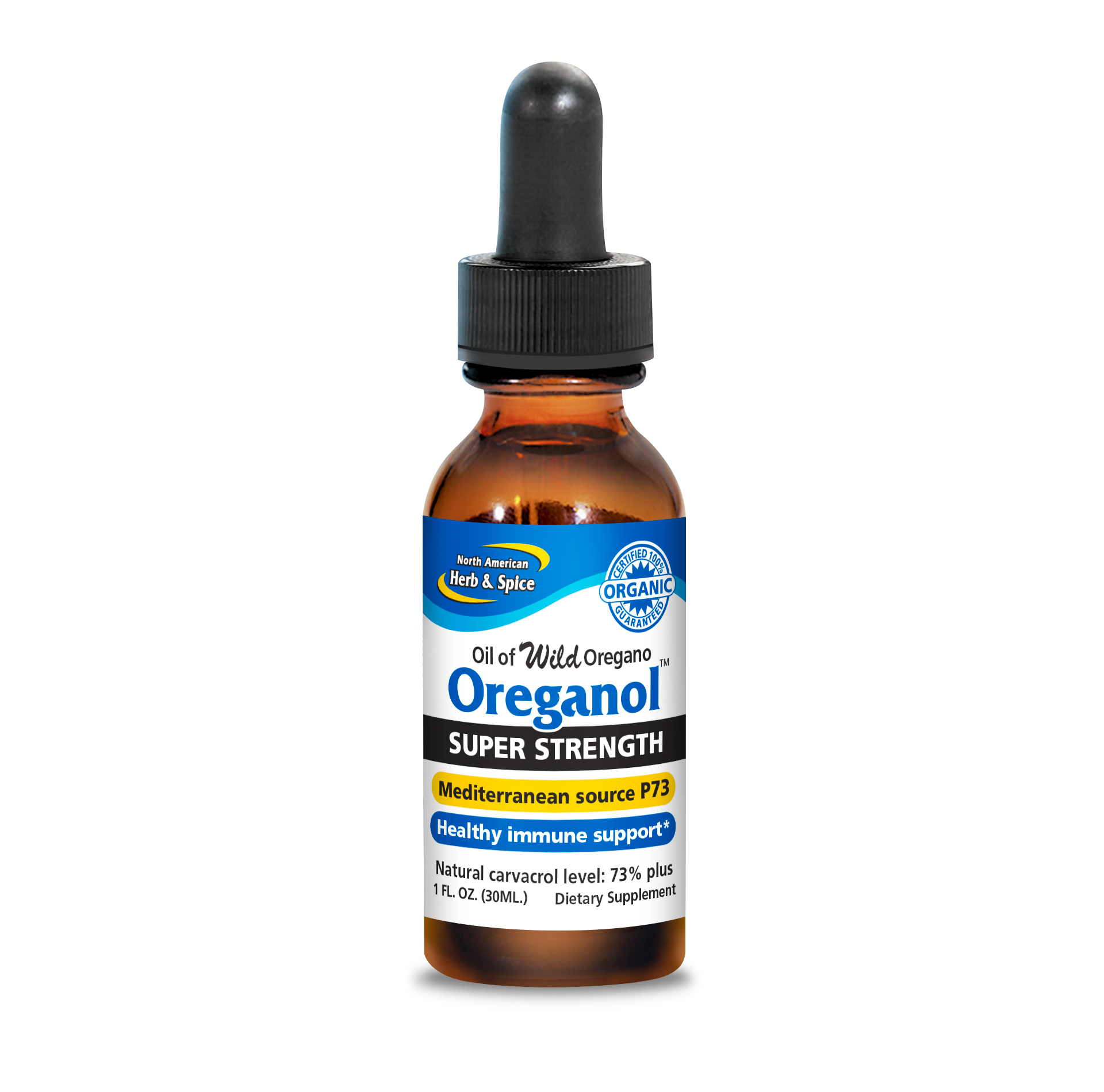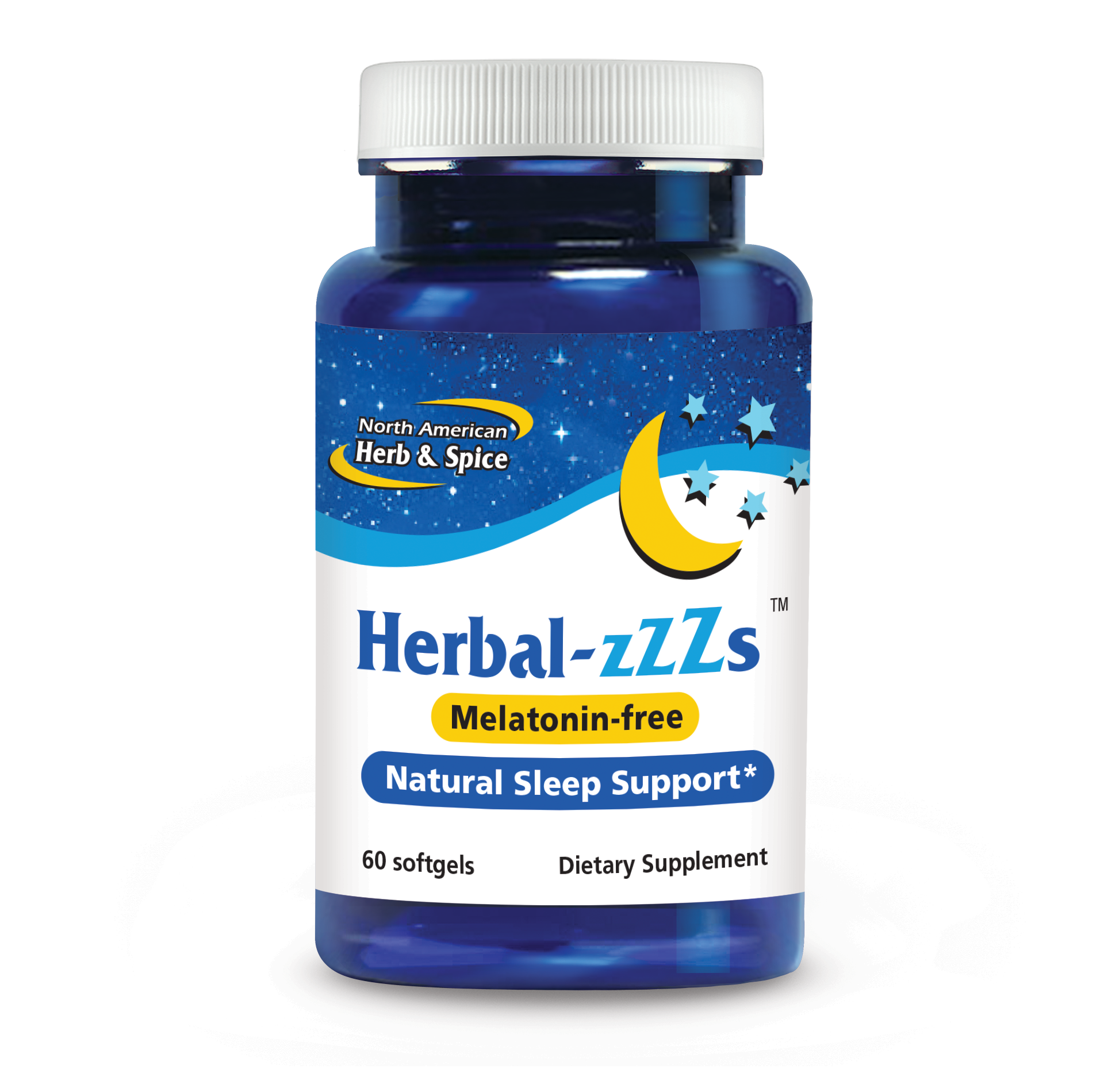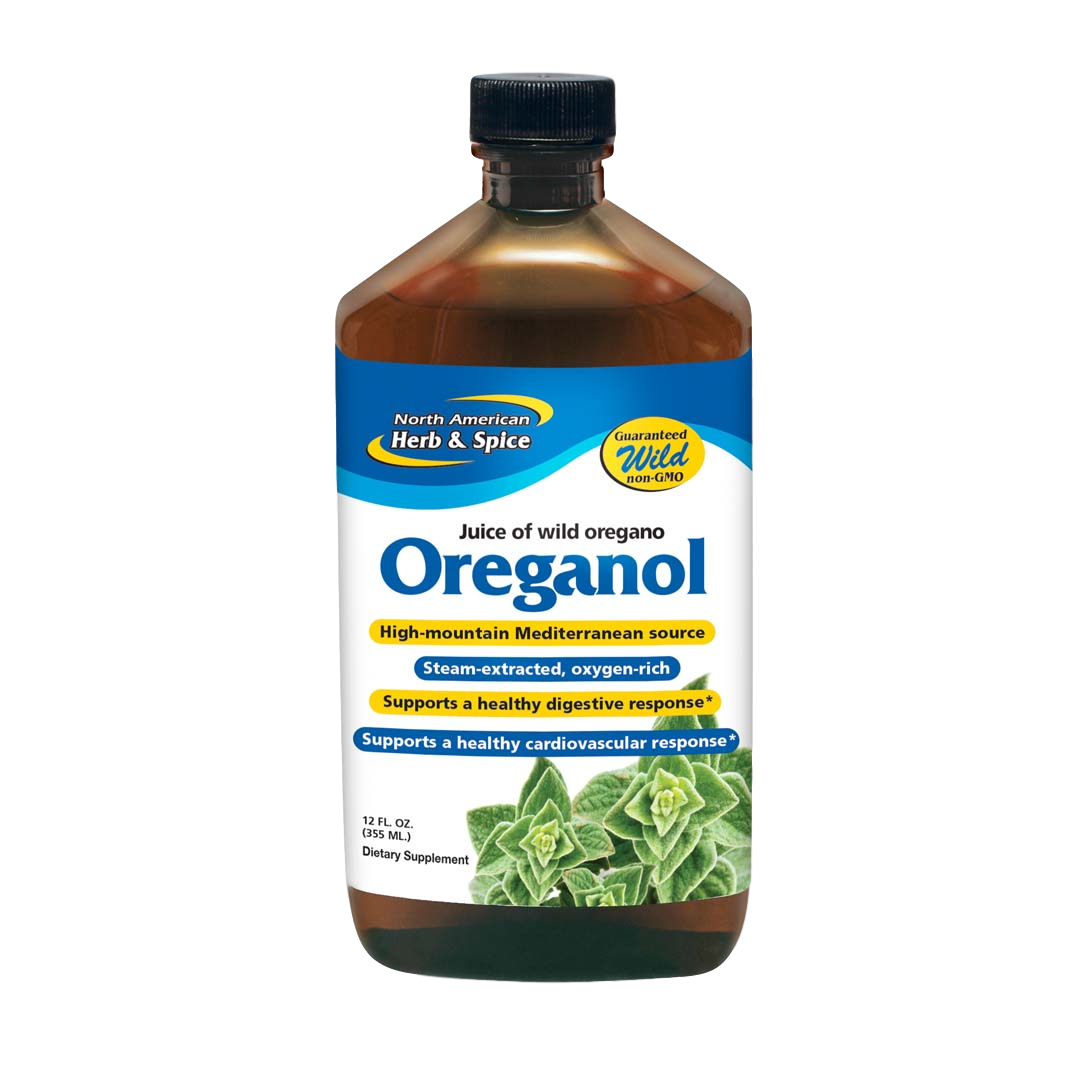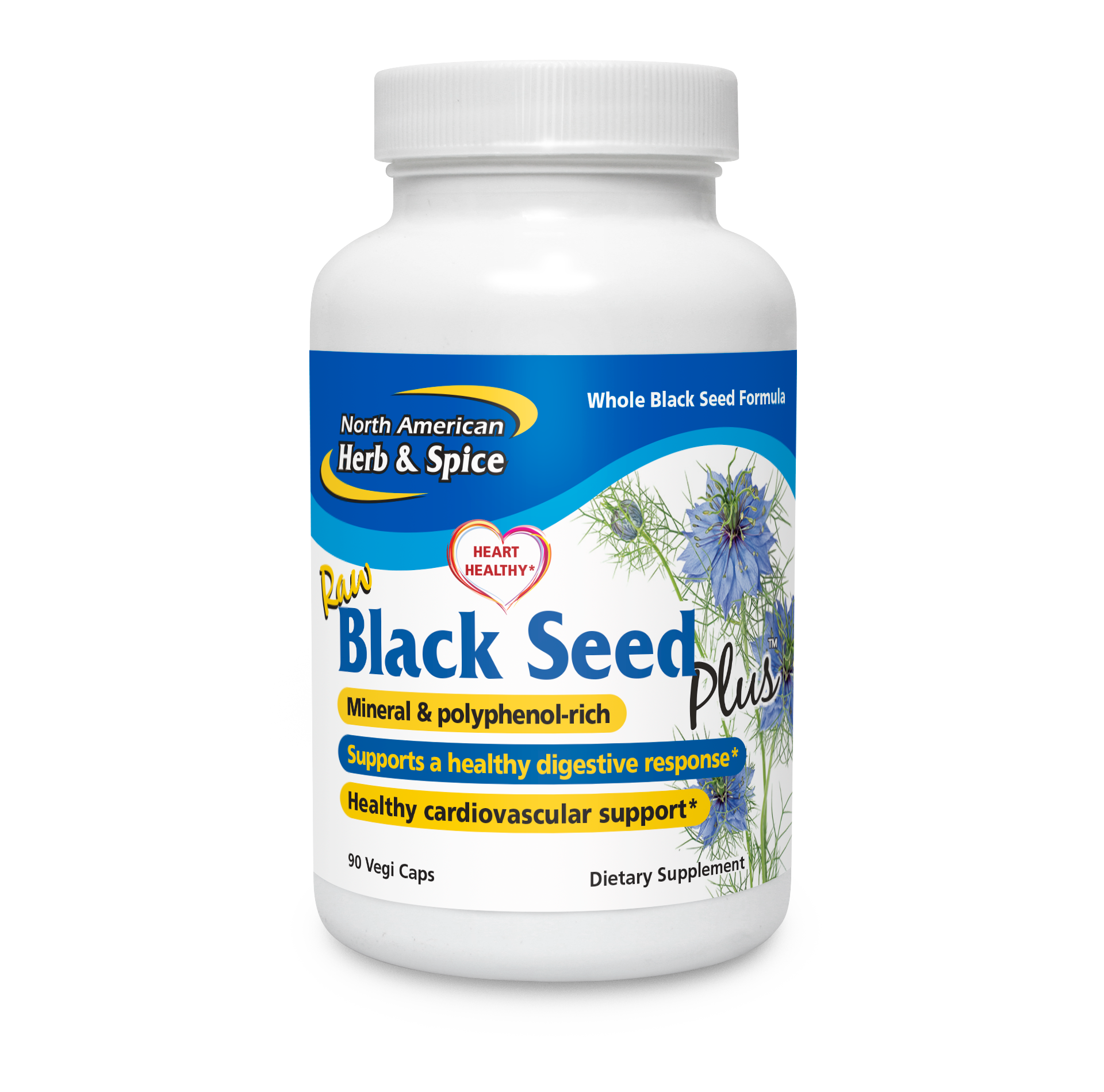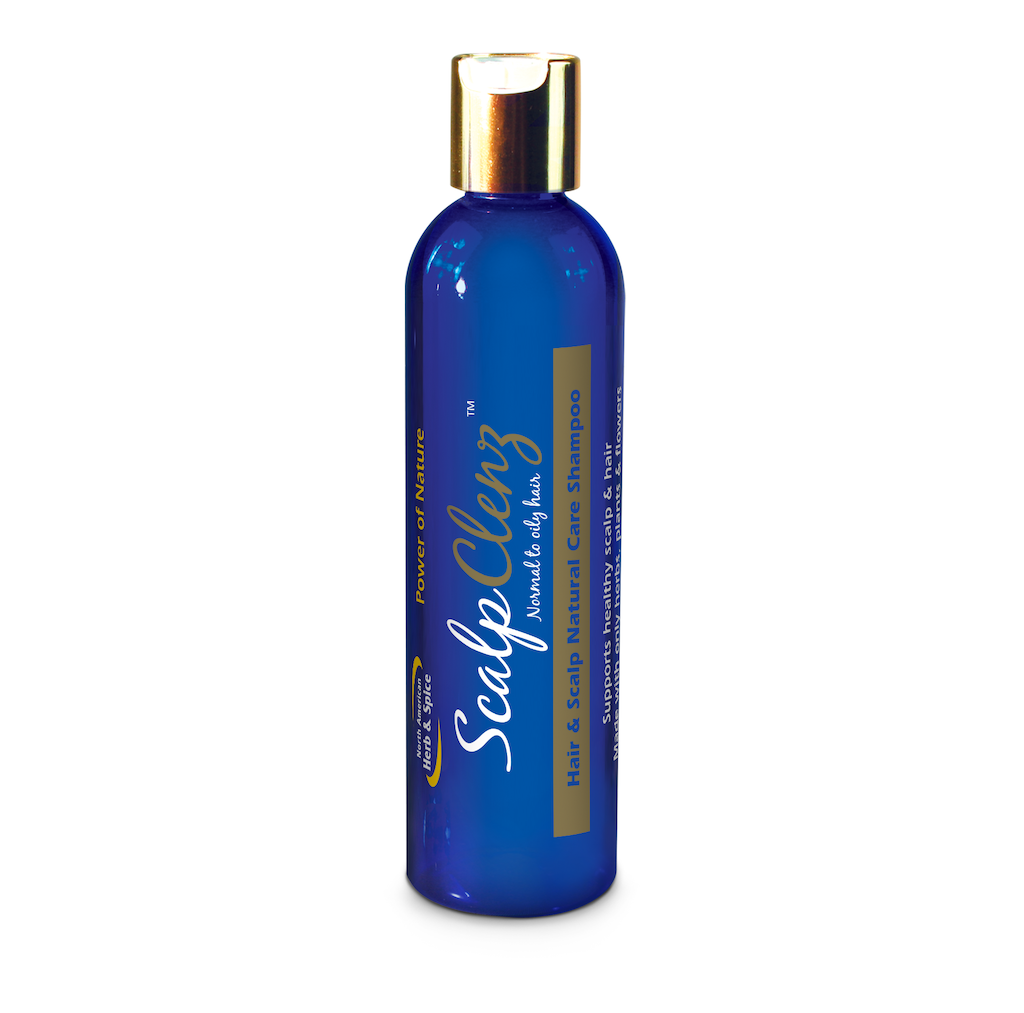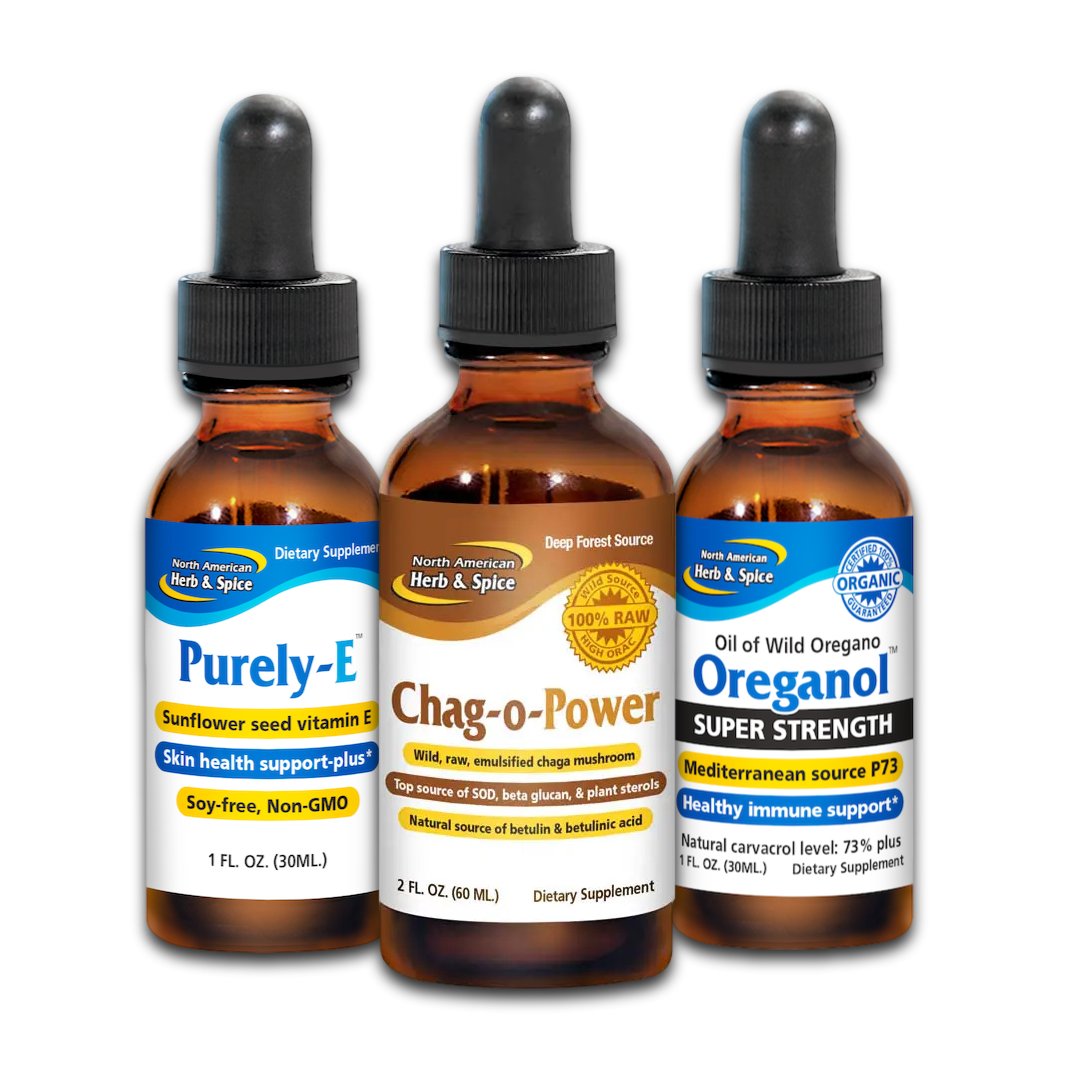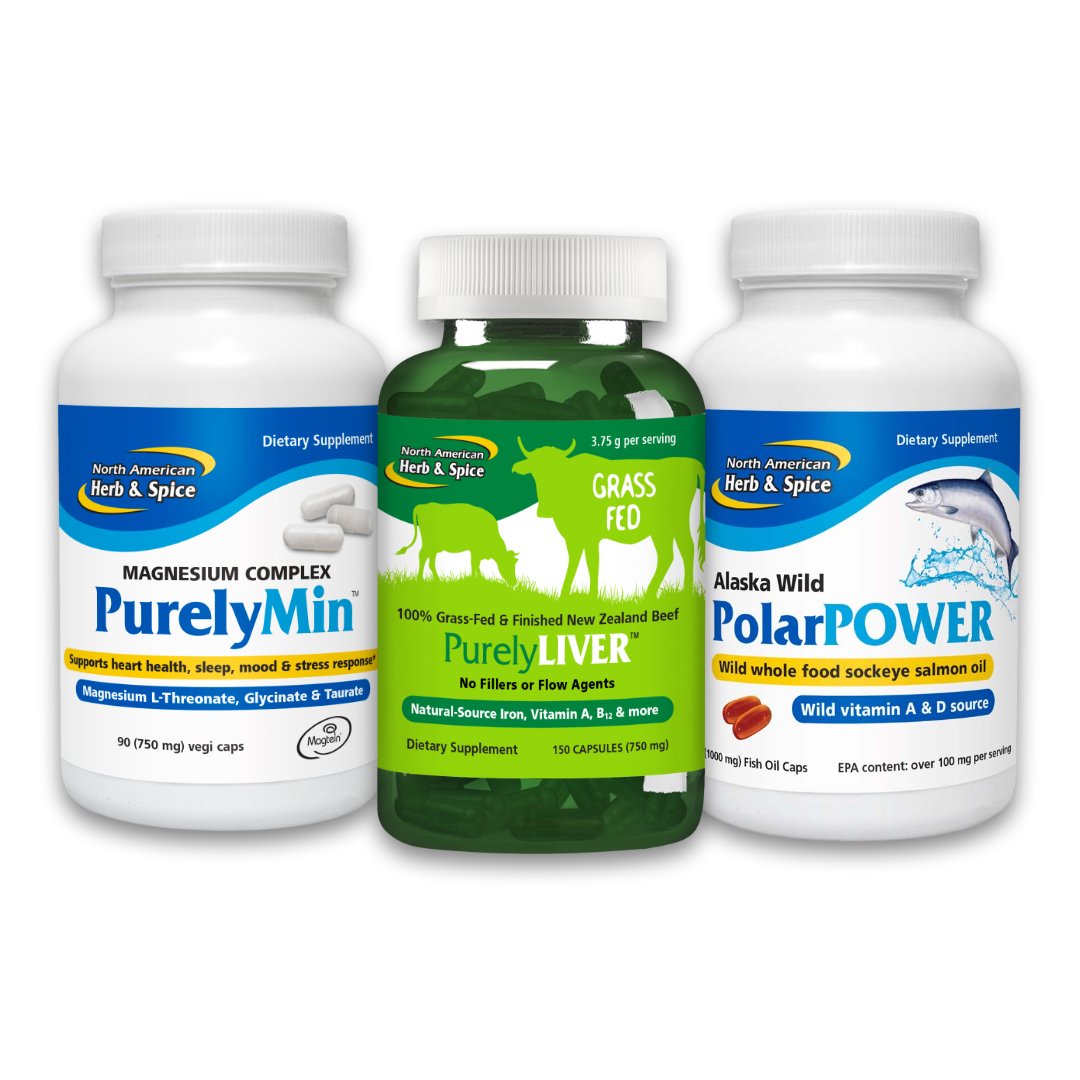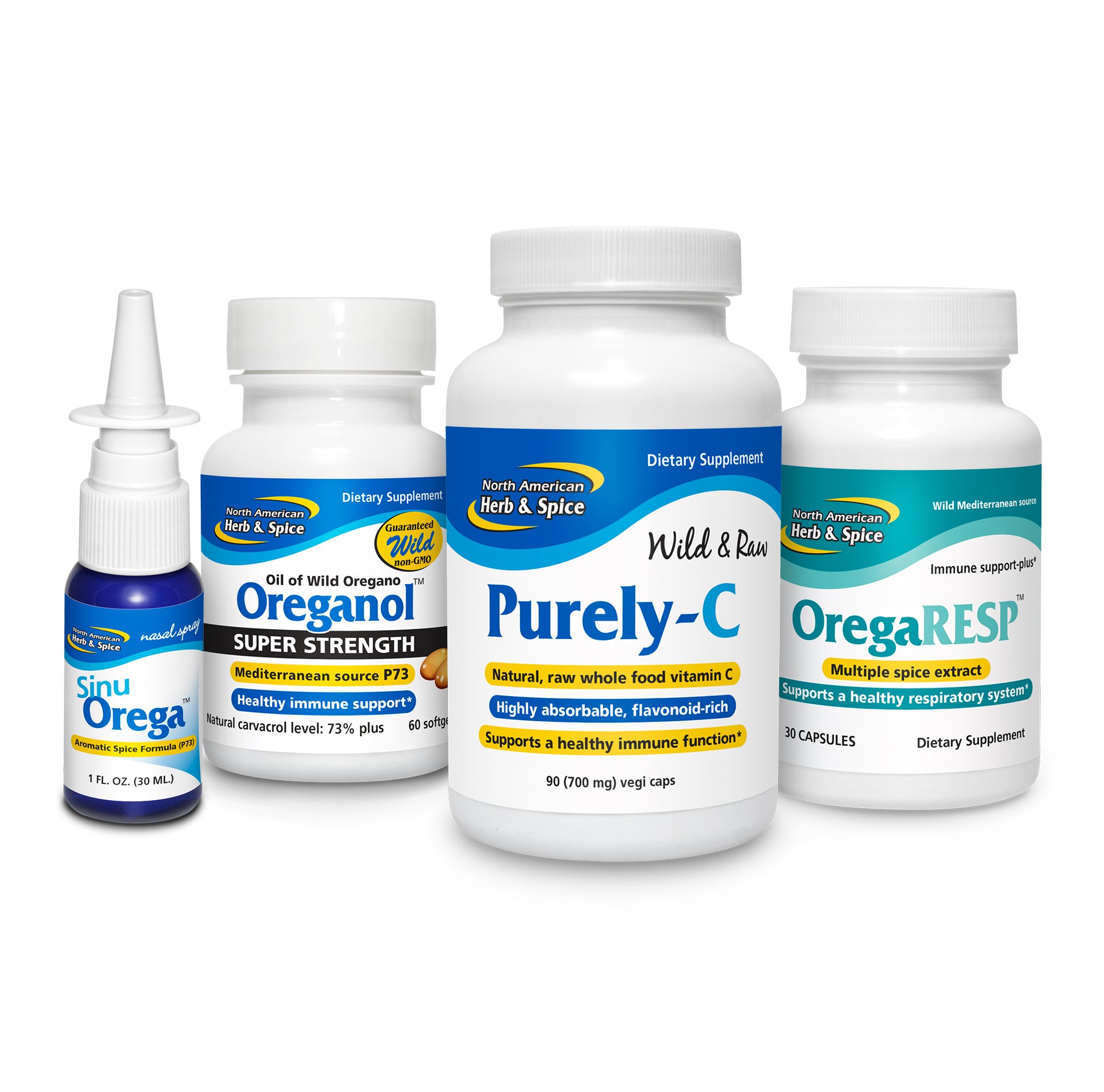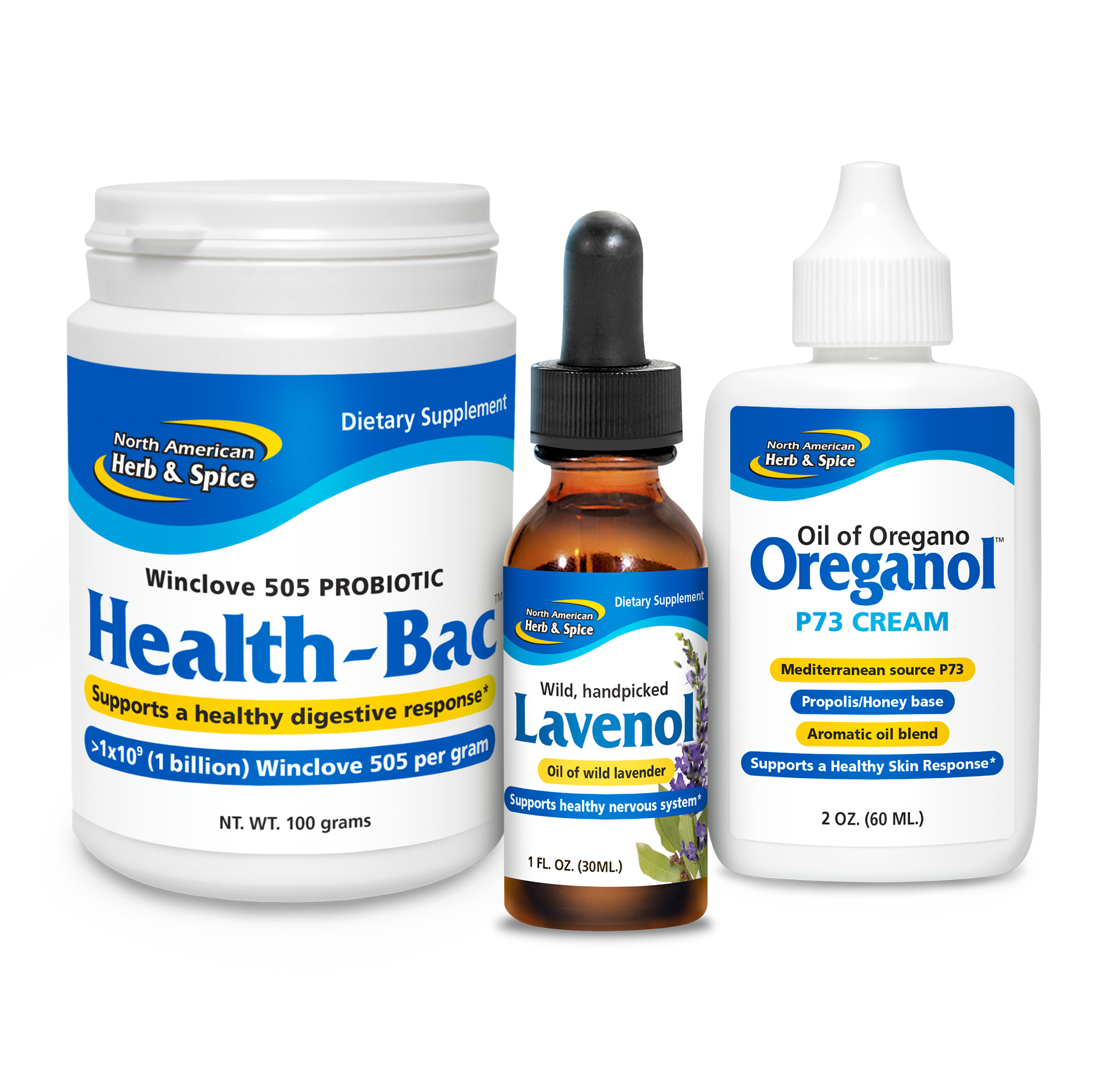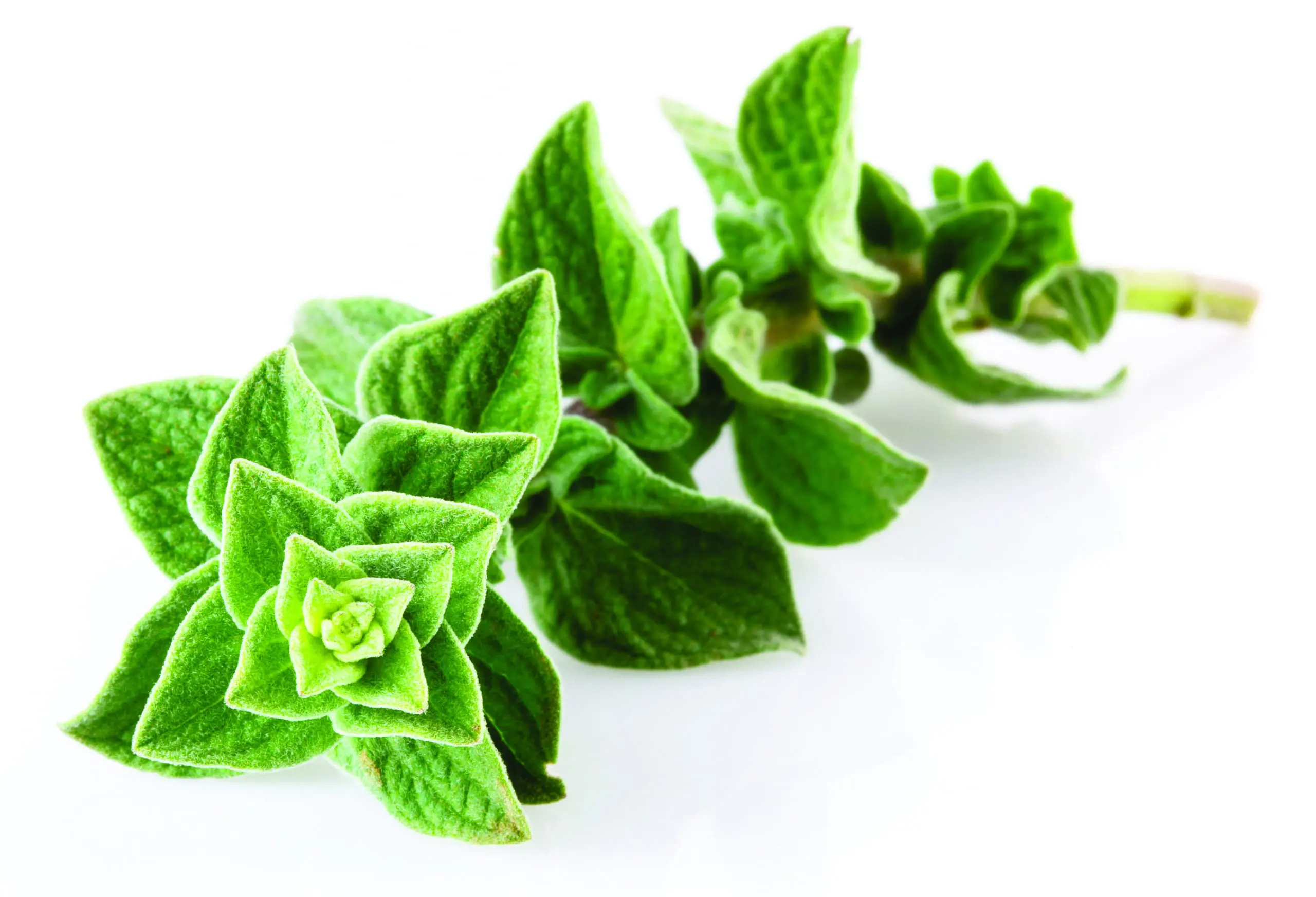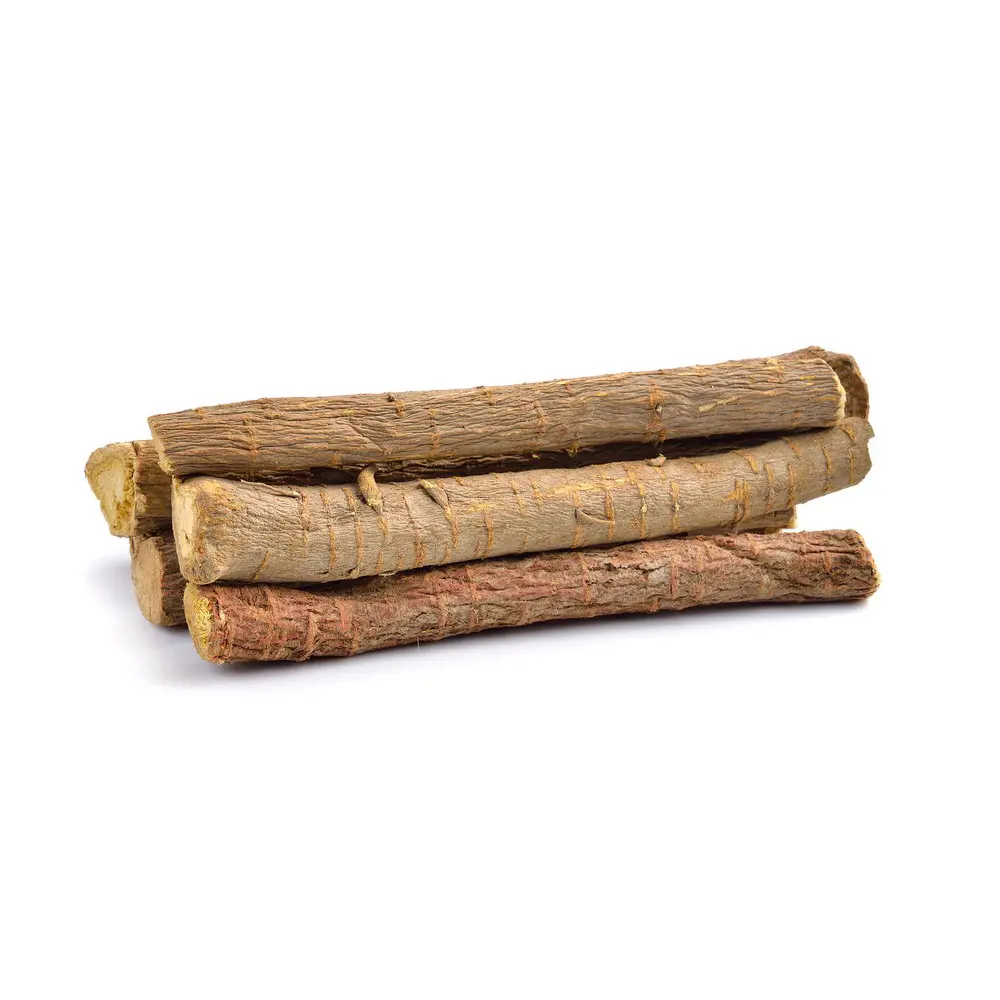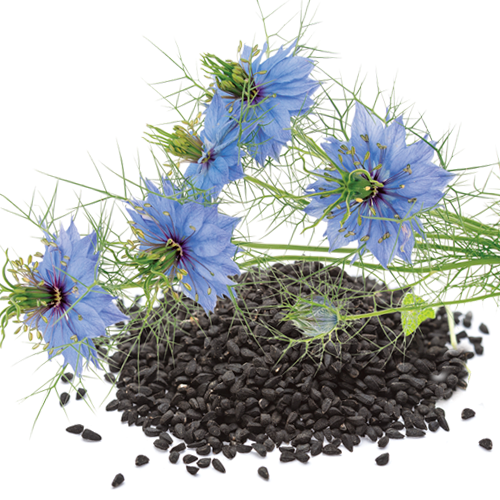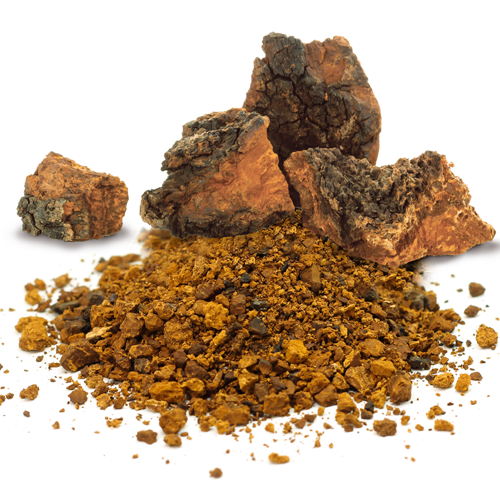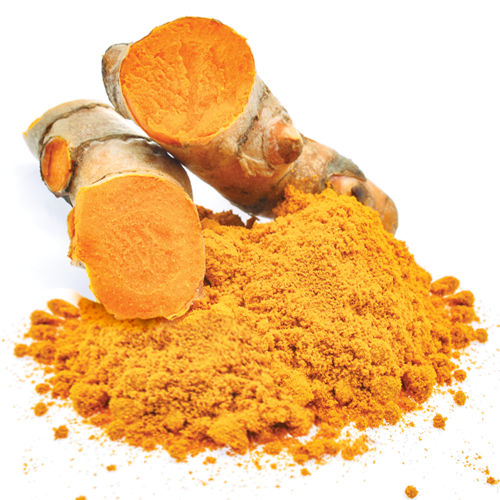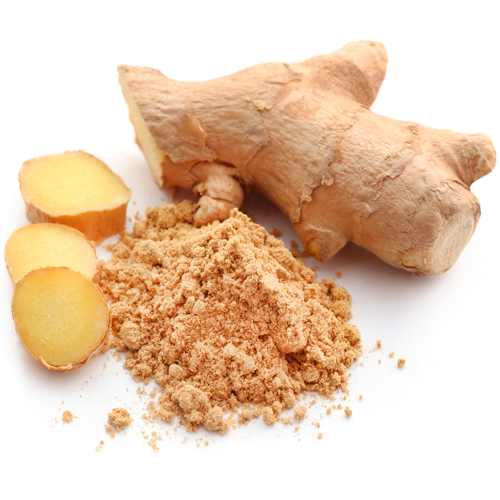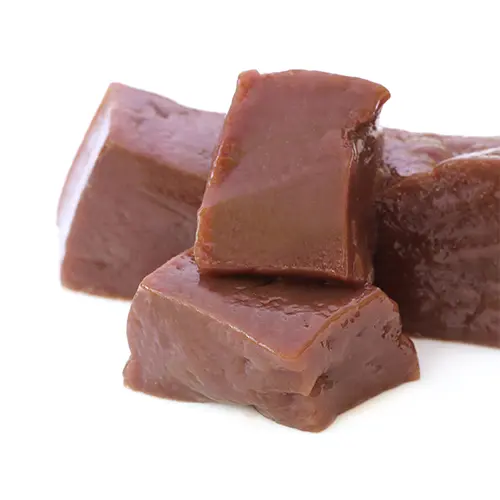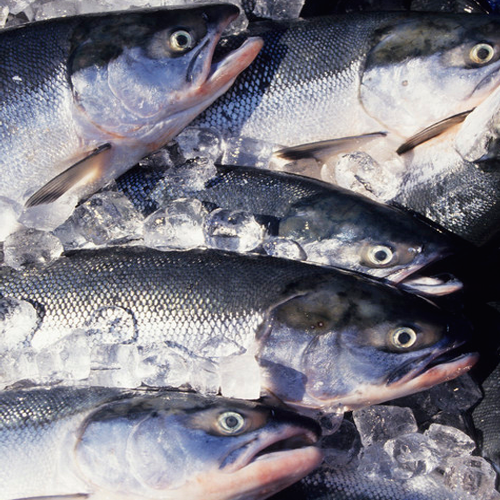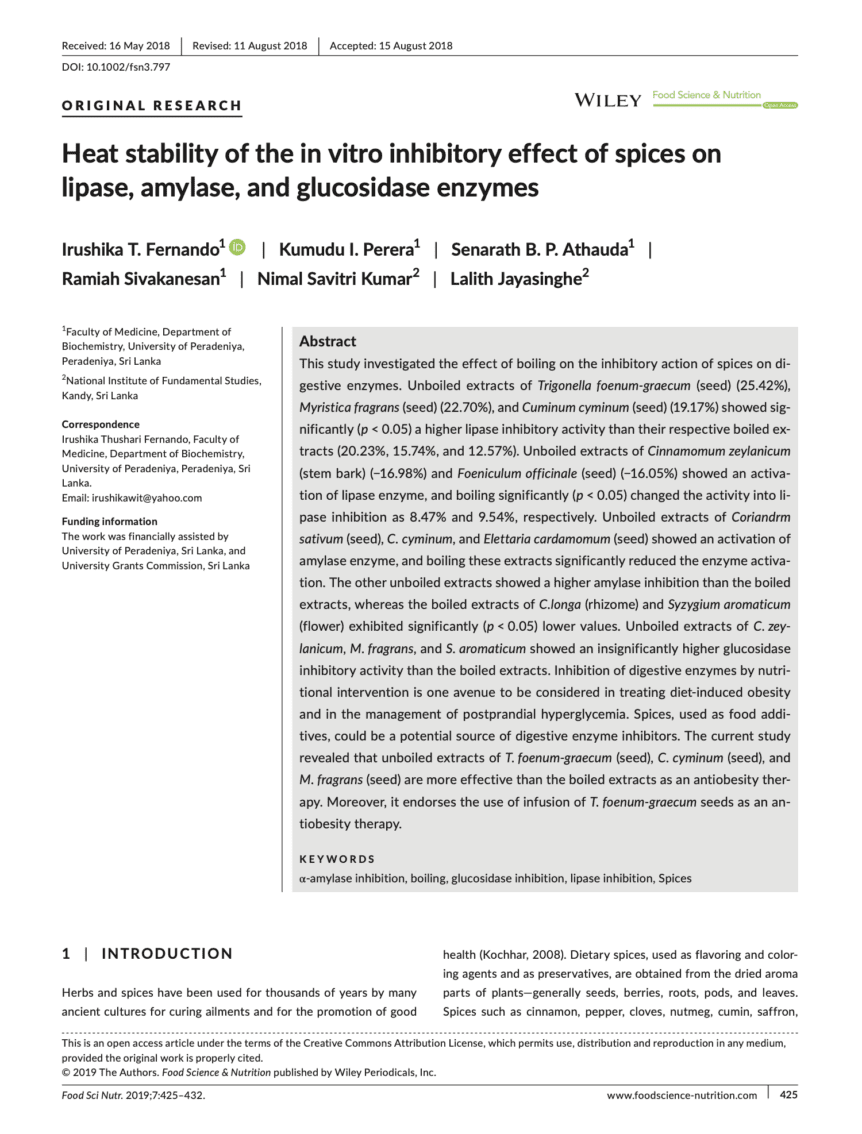
Heat stability of the in vitro inhibitory effect of spices on lipase, amylase, and glucosidase enzymes
This study investigated the effect of boiling on the inhibitory action of spices on digestive enzymes. Unboiled extracts of Trigonella foenum-graecum (seed) (25.42%), Myristica fragrans (seed) (22.70%), and Cuminum cyminum (seed) (19.17%) showed significantly (p < 0.05) a higher lipase inhibitory activity than their respective boiled extracts (20.23%, 15.74%, and 12.57%). Unboiled extracts of Cinnamomum zeylanicum (stem bark) (−16.98%) and Foeniculum officinale (seed) (−16.05%) showed an activation of lipase enzyme, and boiling significantly (p < 0.05) changed the activity into lipase inhibition as 8.47% and 9.54%, respectively. Unboiled extracts of Coriandrm sativum (seed), C. cyminum, and Elettaria cardamomum (seed) showed an activation of amylase enzyme, and boiling these extracts significantly reduced the enzyme activation. The other unboiled extracts showed a higher amylase inhibition than the boiled extracts, whereas the boiled extracts of C.longa (rhizome) and Syzygium aromaticum (flower) exhibited significantly (p < 0.05) lower values. Unboiled extracts of C. zeylanicum, M. fragrans, and S. aromaticum showed an insignificantly higher glucosidase inhibitory activity than the boiled extracts. Inhibition of digestive enzymes by nutritional intervention is one avenue to be considered in treating diet-induced obesity and in the management of postprandial hyperglycemia. Spices, used as food additives, could be a potential source of digestive enzyme inhibitors. The current study revealed that unboiled extracts of T. foenum-graecum (seed), C. cyminum (seed), and M. fragrans (seed) are more effective than the boiled extracts as an antiobesity therapy. Moreover, it endorses the use of infusion of T. foenum-graecum seeds as an antiobesity therapy.

